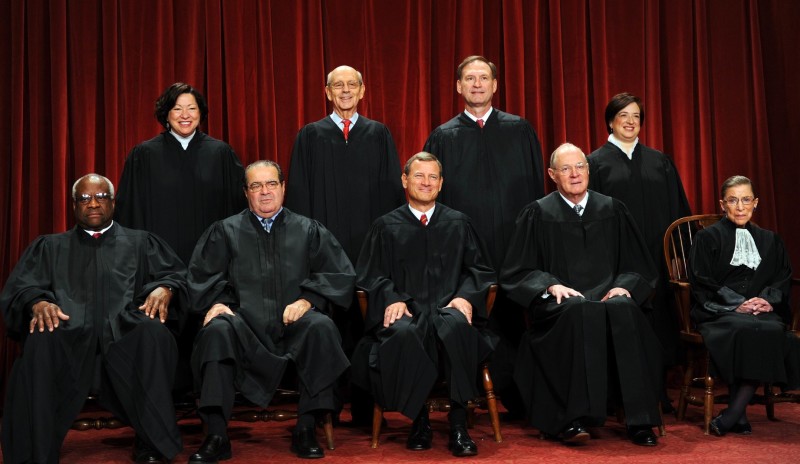For a union that has defeated almost every challenger on the playing field of state politics for more than two decades, the California Teachers Association's most powerful opponent may turn out to be what Justice Antonin Scalia recently described as "a committee of nine unelected lawyers."
On Tuesday, the U.S. Supreme Court agreed to decide whether the state's most powerful employee union has the right to require teachers to pay dues that fund the CTA's influence at both the bargaining table and the ballot box.
"The state cannot compel people to pay for speech with which they fundamentally disagree," said Terry Pell, president of the Center for Individual Rights, a libertarian-leaning nonprofit group that filed the case on behalf of 10 California teachers.
The case has been making its way through the federal court process for the past two years en route to a ruling from the nine justices, a slow process that's made it a bit of a sleeper in the world of news but nonetheless a fight that goes to the heart of the CTA's power: The membership dues paid by more than 300,000 educators.
Like other unions, the CTA allows teachers to opt out of being full-fledged members who help fund its political campaigns. But it still requires what's called an "agency fee," dues that are supposed to cover only the costs of general services like collective bargaining. That system, itself a product of a U.S. Supreme Court ruling, dates back to a 1977 case involving public school teachers in Detroit.
